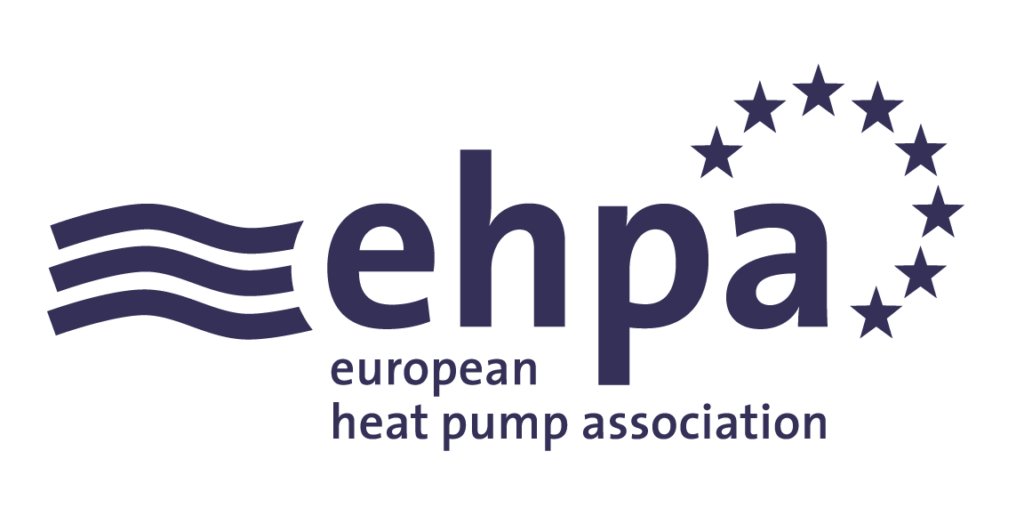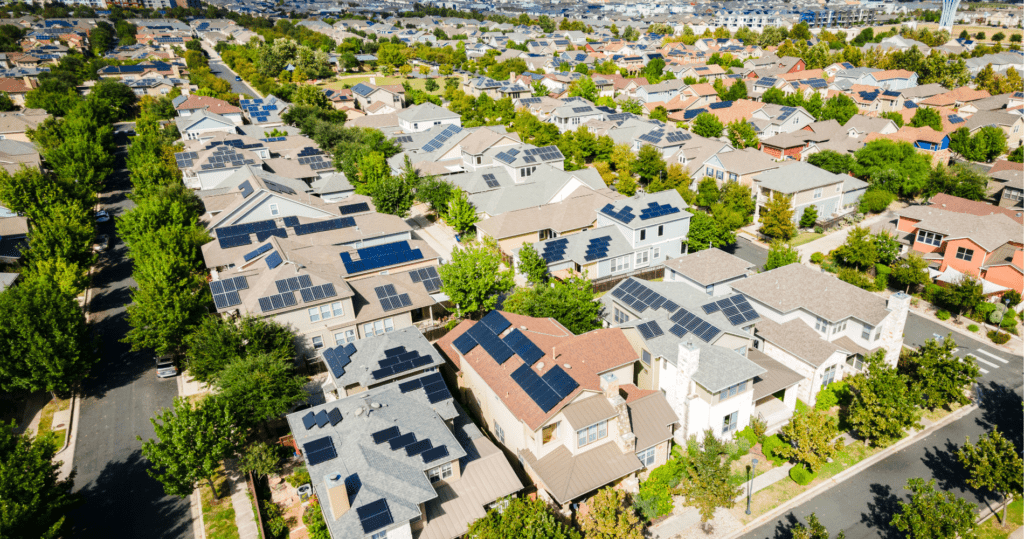How are European regions and local actors implementing their National Energy and Climate Plans (NECPs)?
On 3 December 2024, the European Heat Pump Association (EHPA) hosted the webinar “From Local Action to Global Change: Best Practices in Renewable Heating and Cooling”, showcasing how European regions and local communities are implementing their National Energy and Climate Plans (NECPs).
The event featured experts and researchers from the EU-funded REDI4HEAT project, which focuses on developing frameworks for the implementation of NECPS and evaluation methods to track their progress.
The webinar provides an overview of the REDI4HEAT project, explores the legislative background of Europe’s heating and cooling strategy, and presents case studies from Castilla y León in Spain and the Lörrach District in Germany.
Speakers include Andro Bačan from the Croatian National Institute for Energy, Marco Peretto from the Institute for European Energy and Climate Policy (IEECP), Rafael Ayuste from the Castilla y León Energy Agency, and Frank Gérard of the think tank Trinomics.
REDI4HEAT brings together national energy agencies, trade associations, local authorities, and energy consultants, developing pilots in five EU countries. The project focuses on identifying gaps in current strategies and implementing recommendations aligned with European directives like the Renewable Energy Directive (RED), the Energy Efficiency Directive (EED), and the Energy Performance of Buildings Directive (EPBD).
Andro Bačan detailed the project’s rigorous research methodology for selecting demo sites and establishing Key Success Factors (KSFs) to monitor progress. The KSFs span a wide range of criteria, including cost assessments, access to consulting and information, and efficient integration with other renewable energy technologies.
Efficiency is, after all, a guiding principle for successful implementation, explained Peretto in his session, highlighting the central role of the EED’s “energy efficiency first” principle in decarbonisation projects. This principle is also enforced in the EPBD’s mandate for Minimum Energy Performance Standards (MEPs) in residential and non-residential buildings, which are crucial for aligning local actions with Europe’s ambitious climate goals.
Two case studies better explain the link between local strategies and European directives. Castilla y León and Lörrach, while located in different countries – Spain and Germany – face remarkably similar decarbonisation challenges.
In Castilla y León, a region characterised by its colder climate (in comparison to the rest of the country) and rural economy, Rafael Ayuste presented a strategy focused on integrating renewables like heat pumps and solar energy, alike. He highlighted public engagement campaigns, professional training, and tailored financial incentives as key to getting the local community on board.
Meanwhile, in the Lörrach District, Frank Gérard outlined how Germany’s Climate Protection Act and the EED’s mandates for municipal heating and cooling planning have driven the creation of a comprehensive strategy.
Leveraging collaborations among municipalities, utilities, and private stakeholders, Lörrach has mapped existing heating systems and their renewable energy potential, enabling targeted interventions like geothermal exploration and district heating expansion.
These case studies underscore the critical role of local and regional authorities in implementing European climate policies. A multi-level approach, combining legislative support, local planning, and community engagement, is essential to ensure that regional and local initiatives align with European directives and address shared challenges.
By empowering regions and cities with dedicated resources, including funding, knowledge, and clear policy frameworks, we can accelerate the transition to a sustainable future.
Click here to learn more about REDI4HEAT and the local implementation of national energy plans.



